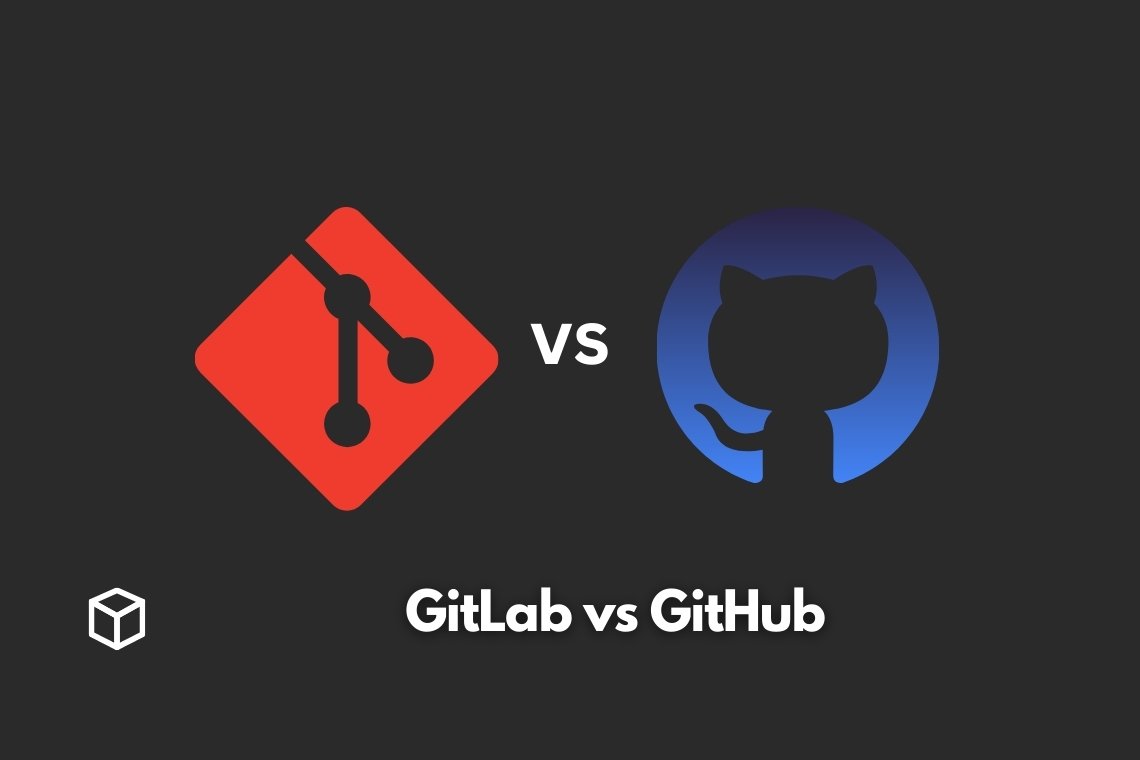GitLab and GitHub are two of the most popular version control systems used by developers and teams today.
Both platforms offer a variety of features such as code review, issue tracking, and project management, making them essential tools for managing and collaborating on software development projects.
Similarities between GitLab and GitHub
Both GitLab and GitHub are based on Git, which is a distributed version control system.
This means that every developer’s local copy of the codebase is a complete repository, allowing them to work independently and merge their changes back to the main codebase.
This makes Git-based version control systems like GitLab and GitHub ideal for distributed teams.
Both platforms also have web-based interfaces, making it easy for developers to access and manage their projects from anywhere.
Additionally, both platforms are widely used and have a large and active community of developers, which means that there is a wealth of resources and tutorials available to help users get started.
Differences between GitLab and GitHub
One of the main differences between GitLab and GitHub is that GitLab is open-source and self-hosted, while GitHub is proprietary and cloud-based.
This means that with GitLab, users have more control and customization options over their projects and data.
They can host their projects on their own servers and configure them to meet their specific needs.
On the other hand, with GitHub, users don’t have the same level of control and customization.
Another key difference is that GitLab has built-in continuous integration/delivery (CI/CD) and built-in container registry, while GitHub doesn’t.
This means that with GitLab, developers can automate the process of building, testing, and deploying their code, which can save them a lot of time and effort.
Further, GitLab’s built-in container registry allows developers to easily store and manage their container images.
GitLab also has a unique feature of being able to use a single sign-on (SSO) to manage multiple GitLab instances, while GitHub doesn’t support this feature.
This can be useful for organizations that use multiple GitLab instances for different projects or teams.
Pricing
When it comes to pricing, GitLab and GitHub have different models.
GitLab has a free version with limited features, while GitHub has a free version but it is only for public repositories. For private repositories, both platforms have paid versions.
The pricing for GitLab starts at $19 per user per month for the GitLab Premium plan and goes up to $99 per user per month for the GitLab Ultimate plan.
The GitLab Premium plan includes features such as private repositories, code review, and issue tracking, enterprise agile planning, advanced CI/CD and enterprise user and incident management.
The GitLab Ultimate plan includes additional features such as advanced security and compliance, and access to GitLab’s built-in CI/CD, container registry, vulnerability management, dependency scanning, container scanning, and static application security testing.
GitHub’s pricing starts at $4 per user per month for the GitHub Team plan and goes up to $21 per user per month for the GitHub Enterprise plan.
The GitHub Pro plan includes features such as private repositories, code review, and issue tracking.
The GitHub Enterprise plan includes additional features such as advanced security and compliance, and access to GitHub’s built-in CI/CD and container registry, enterprise managed users, Audit Log API.
Conclusion
In conclusion, GitLab and GitHub are both powerful version control systems that are widely used by developers and teams.
Both platforms have similarities such as being Git-based and having web-based interfaces, and support a variety of features such as code review, issue tracking, and project management.
However, there are also key differences between the two platforms, such as GitLab being open-source and self-hosted, while GitHub is proprietary and cloud-based.




